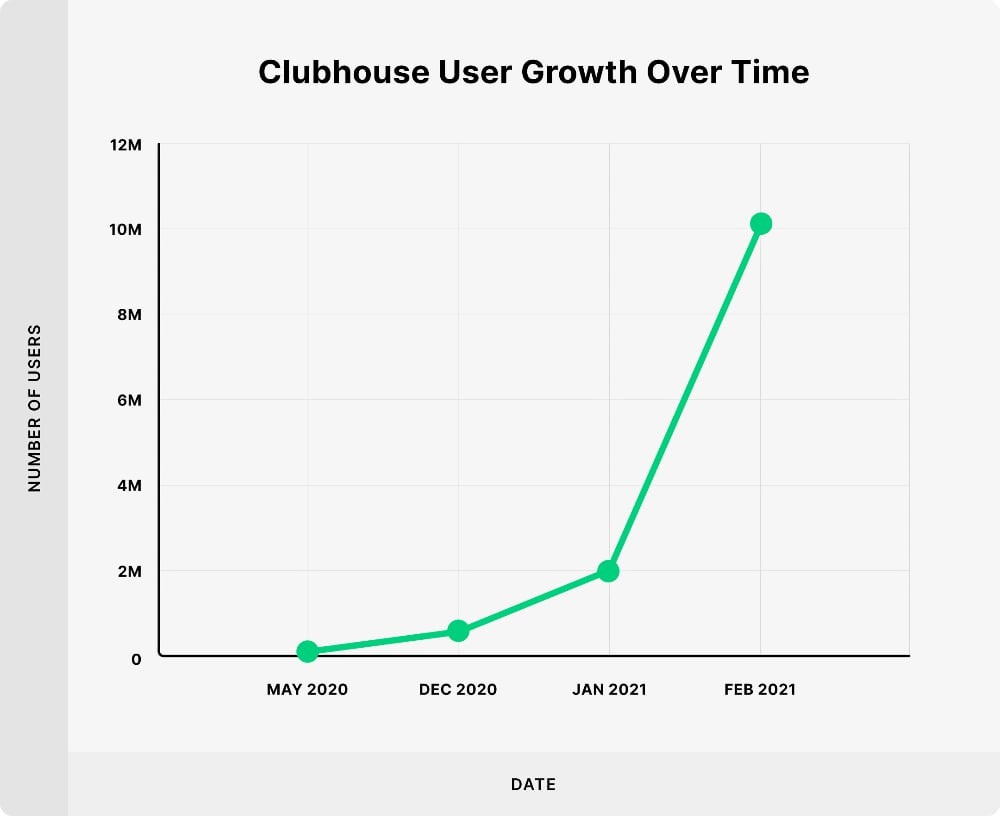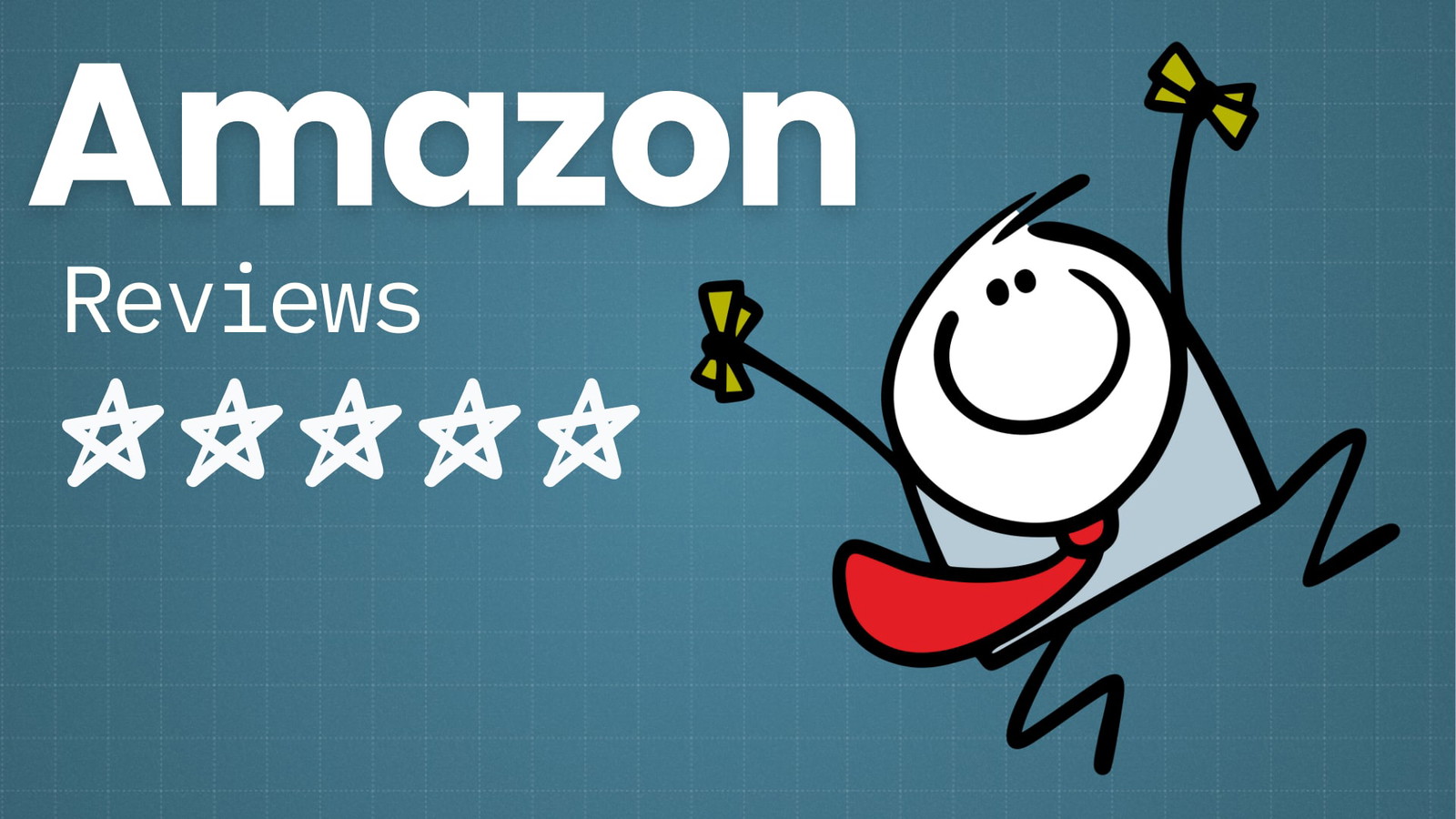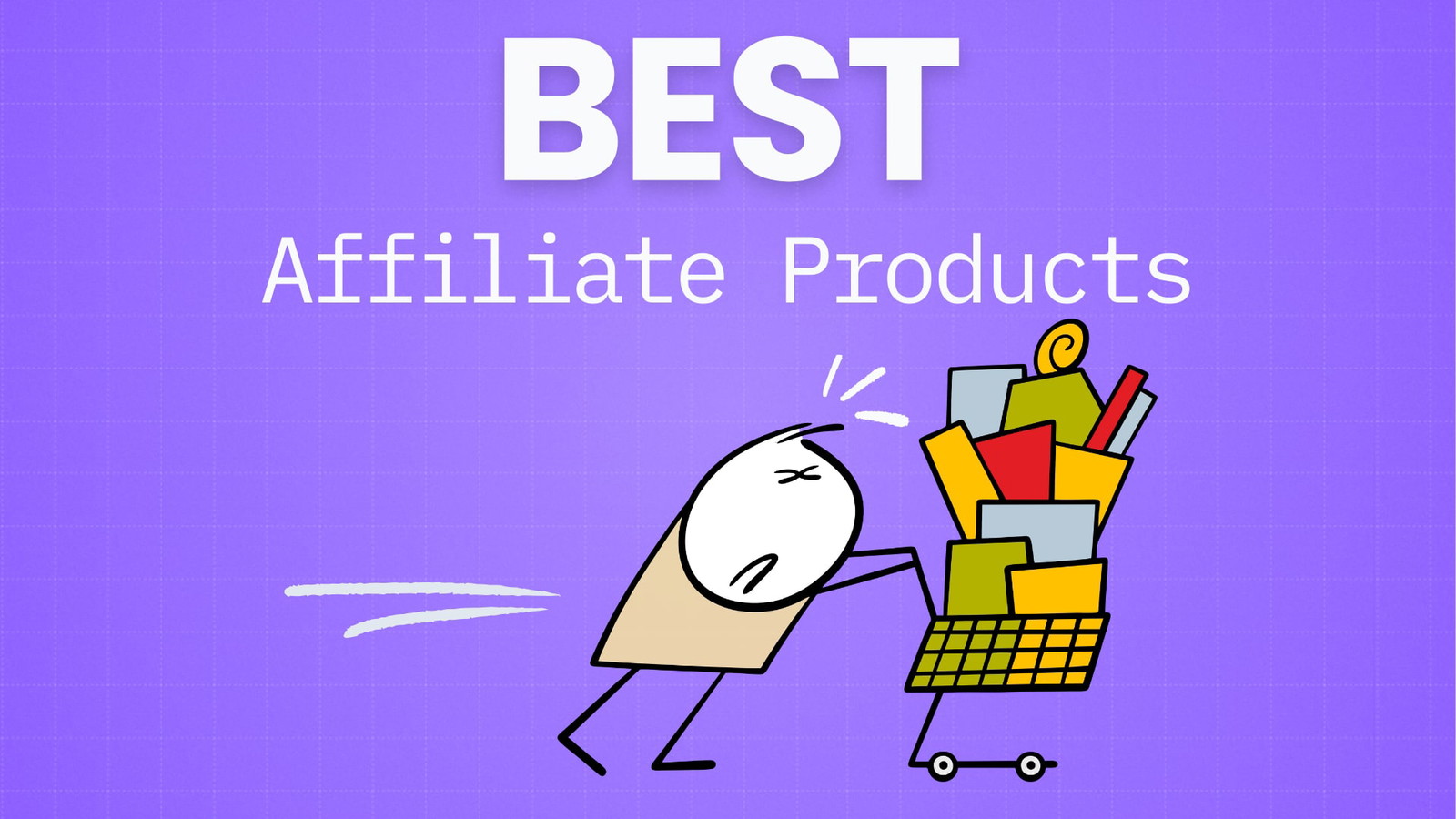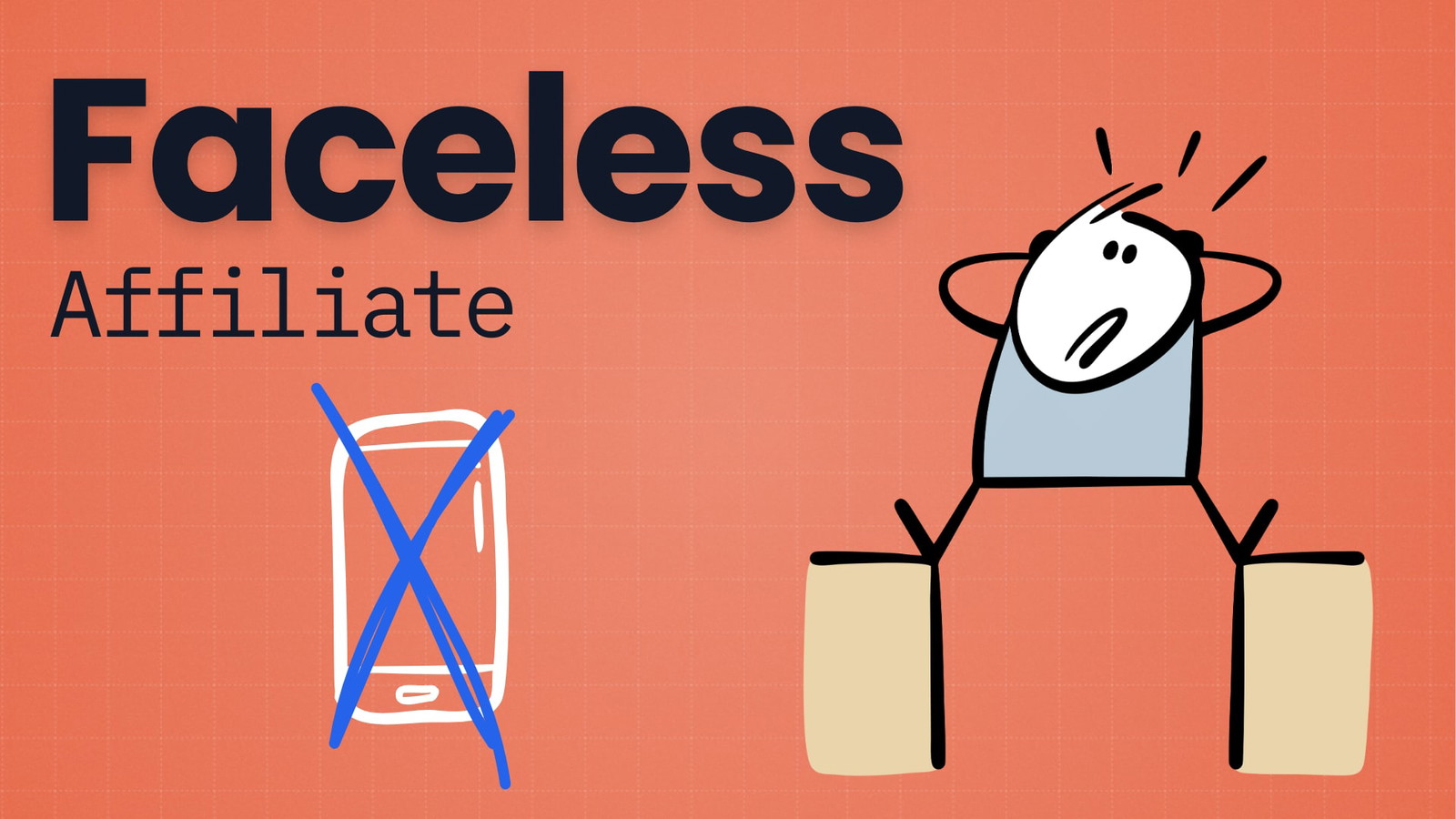Every now and then, a new digital trend comes along and captures mainstream attention.
Fortnite was a good example.
Even if you’ve never played the online shooter, you’ve heard of it, you know what it looks like, and you can probably even do some of the dances.
Clubhouse is yet another in a long line of “next big things”.
Simply put, it’s the hottest property in social media right now.
It’s captured widespread public attention, largely thanks to its A-list popularity, with Elon Musk, Oprah Winfrey, and Drake among its many high-profile users.
In the last three months, the audio content platform has even caught up with Snapchat in the global interest stakes.

It doesn’t feel like long ago that Snapchat was the buzziest app in social media, and now it’s fast becoming yesterday’s news!
Clubhouse is very new – at the time of writing, it’s still in the beta-testing stage – but brands and marketers are already sitting up and taking notice.
So let’s take a look at how affiliate marketers can start utilizing the platform.
Why Clubhouse
The hype around Clubhouse has been impossible to ignore.
It’s probably why you’re reading this article.
But is it justified?
Less than a year after the app’s launch, it’s too soon to say for sure, but the early signs are certainly impressive.
Just take a look at how rapidly it’s grown.
In May 2020, the app had just 1,500 users, but that had rocketed to around 10 million by February 2021.
But it’s not just the number of users that makes Clubhouse such an exciting proposition – it’s who those users are.
They’re celebrities, angel investors, venture capitalists, creative thinkers, and business leaders.
These high-profile people don’t just like Clubhouse – they love it.
Lux Capital partner Bilal Zuberi says it’s the only social network that’s truly resonated with him.
So much so that he logs on for about half an hour every day.
Zuberi loves the fact that, unlike other social media platforms, Clubhouse doesn’t force you to stay glued to your screen.
“I’m involved in social media,” he explains.
So for affiliates looking to reach an audience with real buying power, but in a less formal environment than LinkedIn, it’s hard to imagine a better platform.
What Is Clubhouse Affiliate Marketing
Clubhouse affiliate marketing is when you enter Clubhouse Rooms, or start your own, and use them to point members in the direction of your affiliate content.
However, to truly understand the app’s potential for affiliates, you need to know exactly how it works.
Firstly, Clubhouse access is currently invite-only – and those invites are as rare as hen’s teeth.
If you’re lucky enough to be invited, you get two invites to use yourself, and have to earn more by using the app over time.
Secondly, it’s currently only available through iOS (although an Android app is in the works).
Thirdly, it’s exclusively audio-based, which doesn’t naturally lend itself to affiliate activity.
Users choose a virtual chat room, enter, and listen in on the conversation.
They might even be able to get involved themselves, although this depends on whether they’re granted permission to participate by the room’s moderator.
Sound familiar?
That’s probably because Twitter is working on its own audio-only platform, Spaces, which is also currently in the beta stage.
How to Make Money on Clubhouse With Affiliate Marketing
So how can affiliate marketers leverage a platform with features that don’t offer an obvious way to incorporate links?
Here are a couple tips.
Use Your Bio Intelligently
Clubhouse is a real game changer when it comes to networking.
In many ways, its exclusivity makes it seem like a real clubhouse, where users feel free to discuss whatever’s on their mind.
It’s like mingling with a bunch of business leaders at a big networking event.
When you’re networking with people on Clubhouse, they’re going to want to look at your profile.
Use that to your advantage by including affiliate links or unique promo codes within your bio.
However, bear in mind that Clubhouse only allows users to add clickable links to Instagram and Twitter – other links can’t be clicked.
You might find opportunities to promote your product during your conversations and steer people toward your profile links.
But don’t overdo the hard sell – that’s not what Clubhouse is about.
Create a One-Pager of Affiliate Products
Beyond the high-value real estate on your profile page, there are no easy ways to include affiliate links within the app.
That’s why you should add your links to a separate resource.
Say you’re chatting to someone about how to solve a business problem they’re facing.
You can give your advice, then say: “There are some fantastic products I use to overcome that exact problem – I can send you a bunch of links.”
Your resource doesn’t need to look super fancy – it can just be a Google Doc or a short blog post.
Tell people to DM you on Instagram so you can send them the list for free.
How to Build a Community on Clubhouse
If you’re going to make the most of Clubhouse as an affiliate, you need to grow an audience.
You can’t just lurk in rooms saying nothing – you need to put yourself out there.
Here’s how to do it.
Create Clubhouse Rooms on Topics You’re Passionate About
You can’t dazzle people with flashy visuals and wow them with your presentation skills on Clubhouse.
Because it’s audio-only, you need to have deep knowledge and enthusiasm for the stuff you’re discussing.
If you don’t, why would anyone bother listening?
By building rooms dedicated to a niche you care about, you can build an audience that shares your passion.
Once users follow you, they’ll be sent a push notification whenever you go live, so you can quickly grow an engaged community.
Network Tirelessly
Because it’s so exclusive and revolves around live discussion, Clubhouse feels like an intimate space.
By listening to people speak, you can learn about their stories, then reach out to them in a conversational, informal way.
It’s much less stilted than DM-ing someone on LinkedIn.
Best of all, a lot of members are happy to take relationships formed on Clubhouse and build on them off-platform.
Raoul Davis, a Clubhouse user and partner at Ascendant Group, asks for people’s Instagram handles when they’ve met through Clubhouse.
He’s seen response rates of roughly 70% when reaching out to these new contacts.
Partner With Influencers
Influencers are a powerful force on social media, and Clubhouse is no different.
They have the expertise and clout to attract people to a room.
That’s invaluable when you’re in the early stages of building your audience on the platform.
We’ve already seen examples of brands and marketers using this to their benefit.
In February, French wines and spirits conglomerate Pernod Ricard linked up with influencer and digital strategist Karen Civil to celebrate black female entrepreneurs.
Civil held weekly conversations on the app that drew a string of big names, like branding expert and Girl CEO founder Ronne Brown, and beauty mogul Supa Cent.
Leverage Word of Mouth
Word of mouth is one of the most effective ways to grow an audience.
Again, brands are already catching on to the word-of-mouth potential of Clubhouse.
For instance, former Focus Brands CEO and president Kat Cole holds weekly business talks on the app.
At one time during those talks, she’d regularly ask attendees if they were in the mood for Cinnabon, a Focus Brands company.
When people said “yes”, she’d send them Cinnabon for free.
Ed Nusbaum, a Clubhouse expert, says this tactic worked so well that for a few weeks, it seemed every room he entered was talking about Cinnabon!
Pros & Cons of Clubhouse Affiliate Marketing
By this point, you know how Clubhouse works, and you understand how to use it as part of an affiliate program.
But there are only so many hours in the day.
Should you bother spending your valuable time trying to make Clubhouse work for you?
Let’s weigh it up.
Pros
Clubhouse is the hottest property in social media right now
It’s still a growing platform, so there’s an opportunity to gain traction before the masses arrive
Because it’s new and exciting, people are hungry for your content, so you can get in front of a highly engaged audience
There’s no in-app advertising (yet), so you’re not competing against brands with huge budgets
It’s a superb tool for word-of-mouth marketing and brand-building
The networking opportunities are excellent
It’s packed with influential figures from the business community
Cons
Clubhouse is currently invite-only, so if you don’t get an invite, you can’t use it #1
It’s only on iOS, so if you’re an Android user, you can’t join right now
The voice-only nature isn’t ideal for sharing affiliate links or codes
People don’t really use it to push products, so it’s got to be a soft sell
The user base is growing fast, but it’s still tiny compared to other platforms
Should You Start Doing Clubhouse Affiliate Marketing
So, is Clubhouse a good fit for affiliates?
Unfortunately, the answer is “maybe”.
It’s not the most natural fit for affiliate activity, because there’s no direct way to get people to click your affiliate links.
That means you have to rely on people hitting your bio, or direct them toward a landing page or some other type of content.
In fact, industry data shows that social media marketing in general is rather ineffective. According to our affiliate marketing statistics page, affiliate marketers with 6+ years of experience rely 26.7% less on organic social media traffic than beginners. This shows that experts see social media as less effective than other methods.
In other words, there are much better ways to do affiliate marketing.
You can learn about some of those tactics by signing up for our FREE training on building highly profitable authority sites.
But while it’s not the most obvious platform for affiliates, that doesn’t mean it can’t be effective.
At the moment, it’s totally free to use, and people are desperate to listen to interesting content.
So if you’re going to leverage Clubhouse as an affiliate platform, now is definitely the time to do it.
Get involved while it’s growing and generating tons of buzz – and most importantly, while it’s still invite-only.
That exclusivity is key to all the excitement around the app.
Once everyone can access it, will it still be so popular?
Or will we all get bored and go looking for the next “next big thing”?








